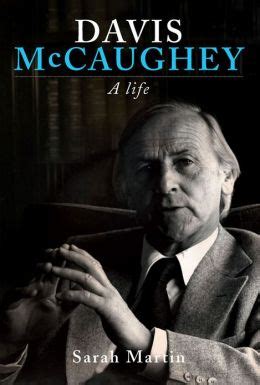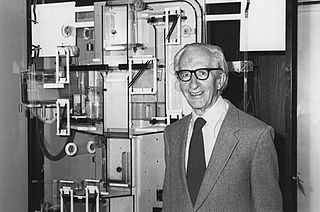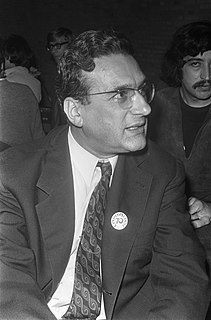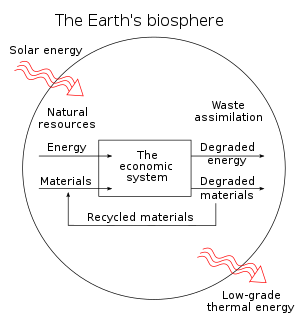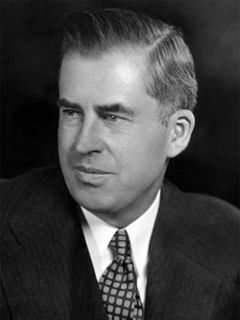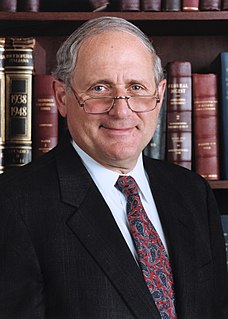A Quote by Dale Jamieson
None of us are rational economic men as we're supposed to be portrayed in economic theory where mixes of passions, of desires, of moral principles, of self-deception, of altruism, of concern of others, of concerns for ourselves and an interest in our bank accounts. And social policies have to be responsive to the complexity of who we are as people or else, like the war on drugs, they're simply going to fail.
Quote Topics
Accounts
Altruism
Bank
Bank Account
Bank Accounts
Complexity
Concern
Concerns
Deception
Desires
Economic
Economic Theory
Else
Fail
Going
Interest
Like
Men
Moral
Moral Principles
None
Others
Our
Ourselves
Passions
People
Policies
Portrayed
Principles
Rational
Responsive
Self
Self-Deception
Simply
Social
Supposed
Supposed To Be
Theory
Us
War
War On Drugs
Related Quotes
In view of the importance of philanthropy in our society, it is surprising that so little attention has been given to it by economic or social theorists. In economic theory, especially, the subject is almost completely ignored. This is not, I think, because economists regard mankind as basically selfish or even because economic man is supposed to act only in his self-interest; it is rather because economics has essentially grown up around the phenomenon of exchange and its theoretical structure rests heavily on this process.
Government by the people for the people becomes meaningless unless it includes major economic decision-making by the people for the people. This is not simply an economic matter. In essence it is an ethical and moral question, for whoever takes the important economic decisions in society ipso facto determines the social priorities of that society.
... what we should be looking for is fresh ideas of how we make moral decisions about our dealings with one another, economic, social, cultural. Economic determinism is an objectionable creed where men and women espouse it in its communist or capitalist form because it treats human beings as economic units and not as responsible persons.
There are questions as to whether it should even exist. Who should corporations be responsive to, the management of a corporation? Theoretically they are responsive to the shareholders, but I why not to the so - called stakeholders, the work force and the community? Nothing in economic theory opposes that. Those are social and political decisions.
Now, for Romney to believe that somebody's grandmother is going to be so cut off she is going to self deport... He certainly shows no concern for the humanity of people who are already here... I think you have to live in worlds of Swiss bank accounts and Cayman Island accounts and automatic $20 million a year income with no work to have some fantasy this far from reality.
If they understand, which I believe they really are sensing, that the alternative the Republicans have been offering is to repeal what we've done, to go back to Bush policies - and if you asked the public what would you prefer, Bush economic policies or Obama economic policies, they take and prefer Obama economic policies.




